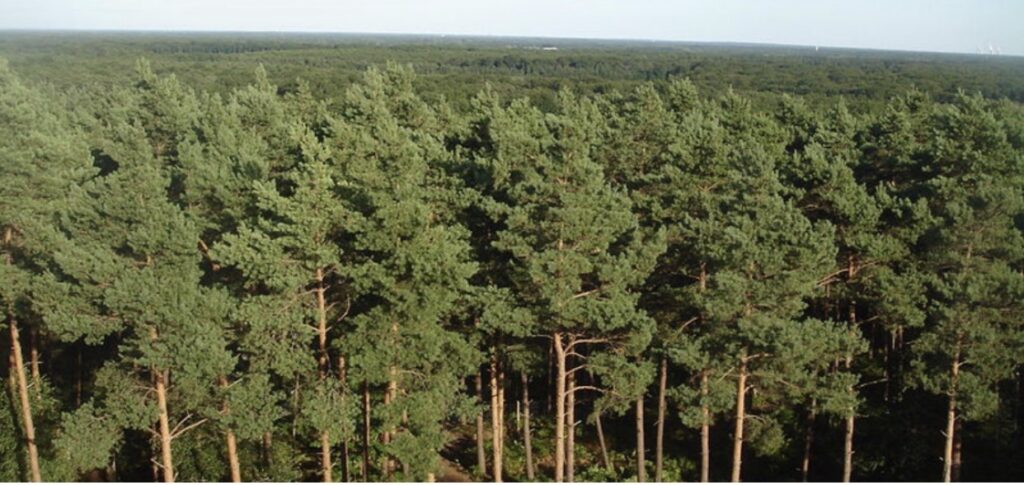
“A tree is a living organism whose average lifespan is far longer than that of a human being. It should be respected throughout its life and have the right to develop and to reproduce freely, from its birth to its natural death, whether it be a town tree or a country tree. A tree should be considered as a subject of law, including when laws regarding human property are involved.
[Jeanne Smit | LifeSiteNews] This astonishing proclamation of rights is perhaps the most extreme manifestation of anti-speciesism to date, way beyond the demands of animal rights campaigners who are already doing all they can to erase the differences between mankind and the animal world.
Even more remarkably, the “Declaration of tree rights” was adopted in a meeting room of the French National Assembly in Paris last Friday.
The symposium was organized under the title “Remarkable Trees” by a member of the National Assembly and former minister Delphine Batho, president of the French political environmentalist party Génération écologie since last September who is no mere backbencher.
She was elected to the National Assembly in 2007 and has since then had several high-ranking appointments. She was spokeswoman of François Hollande during his candidacy in 2012. After he was elected president of France, she became deputy minister of Justice, and after a cabinet reshuffle, minister of Ecology, Sustainable development and Energy. She left the government after having criticized the budget allocated to her ministry in 2013 and returned to the National Assembly under Socialist party colors before joining the Environmentalists in 2018.
Batho personally presided at the tree symposium together with the president of a society for the protection of trees, “A.r.b.r.e.s” and also published a number of tweets announcing the enthusiastic adoption of the declaration of rights by all the participants.
“So the declaration of rights for #trees has triggered quite a few ironic comments here… Here are a few very solid reading suggestions to share and to like,” she tweeted, adding pictures of books about the “good use” and the “secret lives” and “sensitivity” of trees.
She retweeted the message of an environmentalist urging readers to “write out” the declaration “100 times.”
Batho also said: “Our objective is to obtain a law that will recognize trees as sentient beings.”
The objective of the symposium was not completely harebrained: participants wanted better management of historic trees that are surely treasures in landscapes and towns. Working for a more beautiful environment and asking for protection of trees from being felled for utilitarian or commercial motives can be very legitimate.
To date, hundreds of trees in France have received a “remarkable tree” label since 2000 by the association, taking into account their rarity, age, size and sheer beauty, and all are still standing. They include a locust tree across the Seine from Notre-Dame cathedral in Paris, planted in 1601, an oak tree in Brittany supposedly about 1,600 years old and a flourishing olive tree in Corsica that is an estimated 2,000 years old.
But the problem with modern environmentalists is that they put the protection of nature in its broadest sense on a par with human rights, diverting the meaning of human obligations away from God and fellow men as their first objects toward the animal and vegetable kingdoms. As a consequence, respect for human life comes second to the respect for “the planet” or “Mother Earth” and ultimately, man is considered as a threat to nature.
Continue reading here.
[Editor’s Note: This article was written by Jeanne Smit and originally published at LifeSiteNews. Title changed by P&P.]











